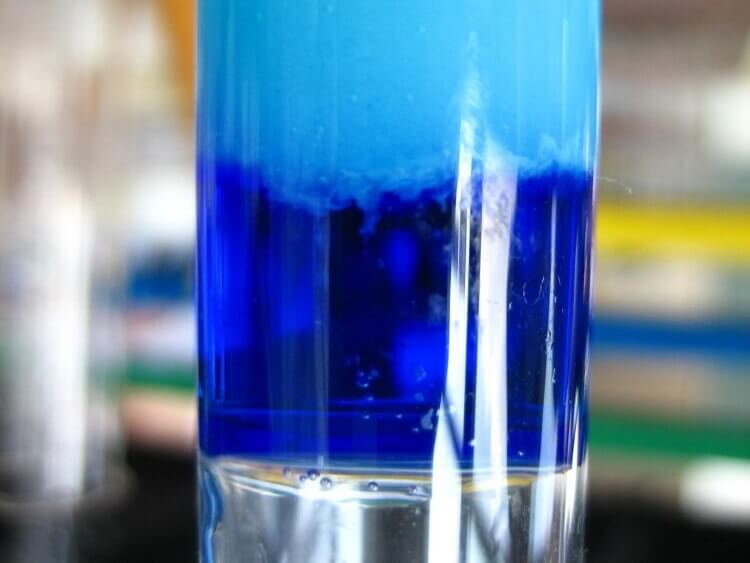4°C
sCD40 Ligand (Human) OmniKine ELISA Kit
sCD40 Ligand (Human) OmniKine ELISA Kit
CD40LG
6 Months
32-2000 pg/ml
Sandwich ELISA
Research use only
Human sCD40 Ligand
Colorimetric 450 nm
Contact us by Live Chat or by Email at [email protected]
ELISA Enzyme-linked immunosorbent assays Code 90320007 SNOMED
CD40-L, T-cell antigen Gp39, CD154, TNFSF5, Tumor necrosis factor ligand superfamily member 5.
Our team of scientists has experience in all areas of research including Life Science, Material Science, Chemical Synthesis, Chromatography, Analytical and many others.
FAS ligand and other ligands are binding to the receptor for signaling pathways for example in apoptosis or JNK signaling. Receptor agonists are often tested for drug development.
E05 478 566 350 170 or Enzyme-Linked Immunosorbent Assays,E05 478 566 350 170 or Enzyme-Linked Immunosorbent Assays,Human proteins, cDNA and human recombinants are used in human reactive ELISA kits and to produce anti-human mono and polyclonal antibodies. Modern humans (Homo sapiens, primarily ssp. Homo sapiens sapiens). Depending on the epitopes used human ELISA kits can be cross reactive to many other species. Mainly analyzed are human serum, plasma, urine, saliva, human cell culture supernatants and biological samples.
The OmniKine Human sCD40 Ligand ELISA can be used to reconize both recombinant and naturally produced (by human) Human sCD40 Ligand proteins. The following antigens were tested at 50 ng/ml and showed less than 1% cross reactivity. • Murine: sCD40L The following antigens were tested at 50 ng/ml and did not showed significant interference or cross reactivity. • Human: 4-1BBL, BAFF, sFasL, FasR, IL-1alpha, sRANKL, sTRAIL, sTRAIL-RI, sTRAIL-RII, TWEAK, sRANKR, sTNF-RI, sTNF-RII, TNFalpha, TNFbeta, • Rat: TNFalpha • Murine: sRANKL, TNFalpha
